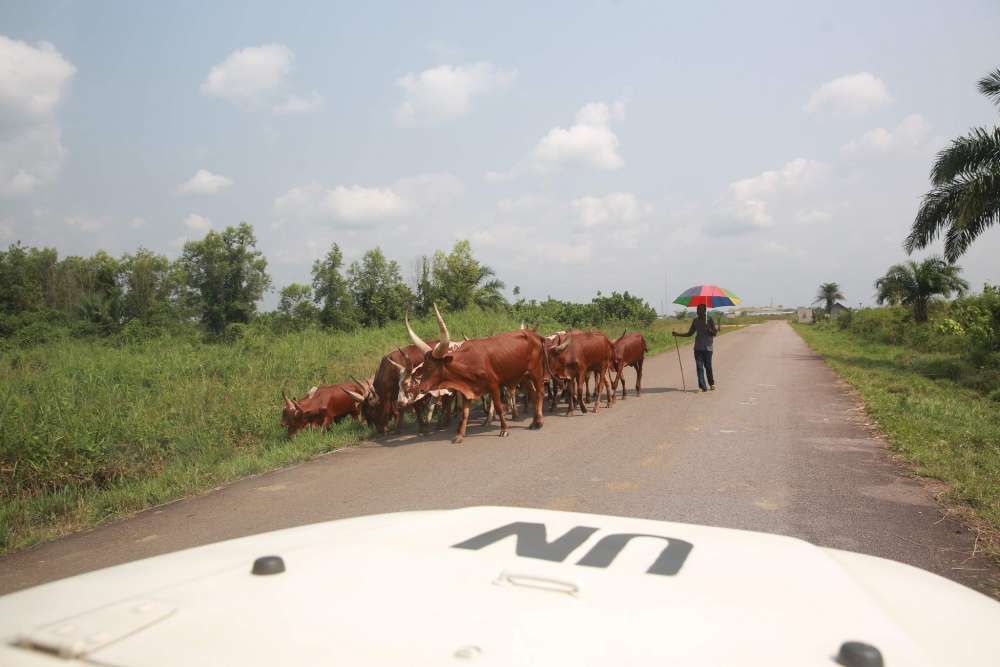Post 2015: Peace, Security and Development Belong Together

Rhetorically speaking, all agree: peace, security and development belong together. The experience with the Millennium Development Goals (MDGs) supports this statement. Countries that are affected by conflict, violence and political instability are the furthest away from achieving the MDGs. According to the World Bank, two thirds of the poorest people in the world and 60% of the malnourished live in regions affected by conflict. Current trends indicate that extreme poverty will be increasingly concentrated in fragile states. In the international discussion almost all background studies on the post-2015 agenda have a particular focus on stability and peace – and the General Assembly of the United Nations (UN) will also discuss the topic this week. In the context of its foreign policy reorientation Germany should therefore take a leading role on this topic.
There are, however, obstacles that hinder a stronger link between development and peace and security issues. Many emerging and developing countries are worried that the development agenda will be misused for security policy objectives. If poverty or a lack of rule law and basic social services become part of the security agenda, this could create new grounds for the international community to justify military intervention in these countries. Over the past 15 years the UN Security Council has, for example, considered HIV/AIDS, climate change and drug trafficking from a security perspective. Not least due to the authority of the Council to take coercive measures against governments, developing countries from the G77 states reject the idea of an enhanced role of the Security Council.
Other states fear that development aid will be increasingly concentrated on fragile states. Although there are no signs of this yet, poor, conflict-free states in particular would be affected by such a reallocation of development aid.
To read the rest of this piece, please visit the Deutsches Institut für Entwicklungspolitik website.







